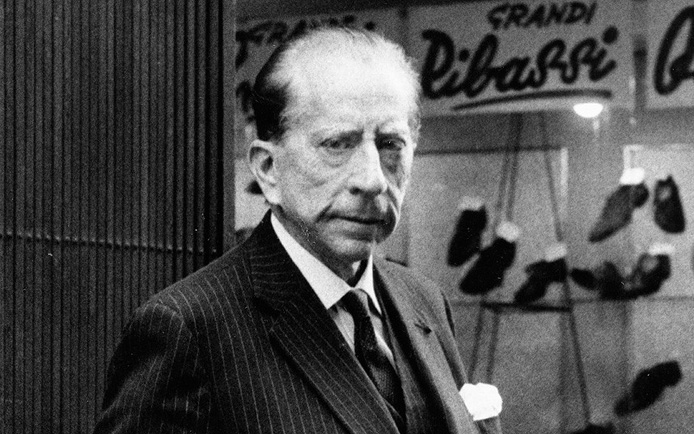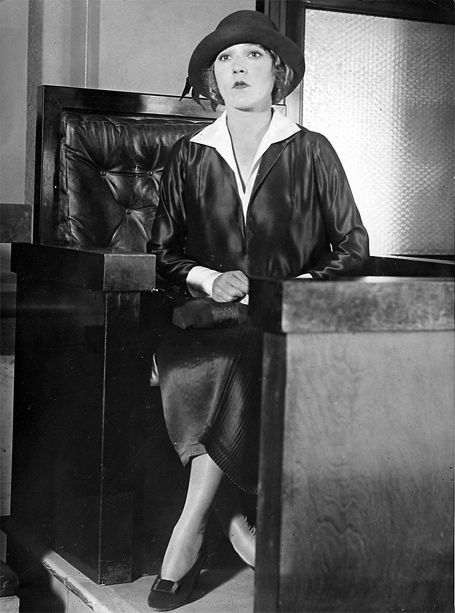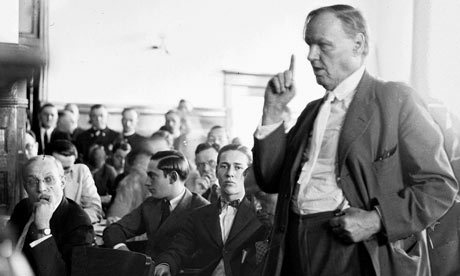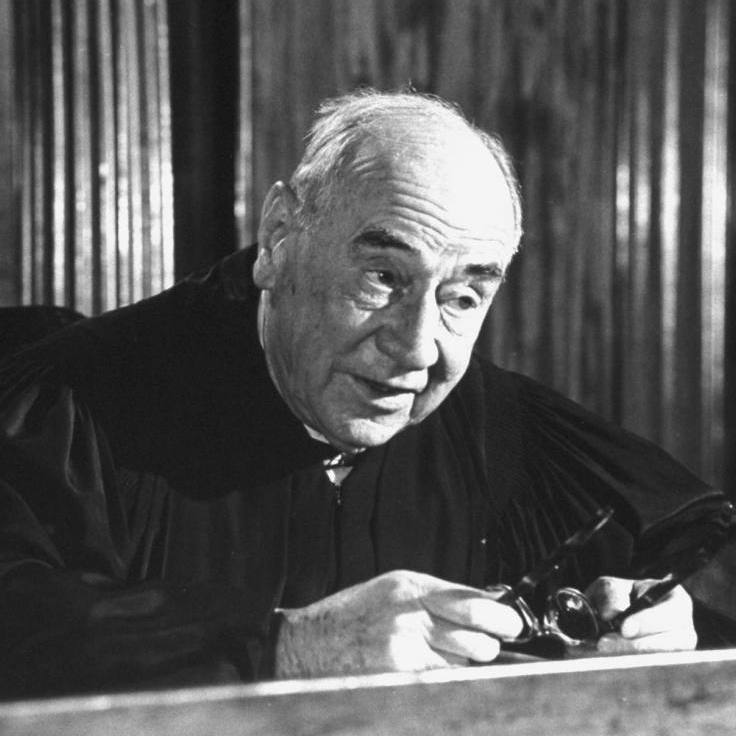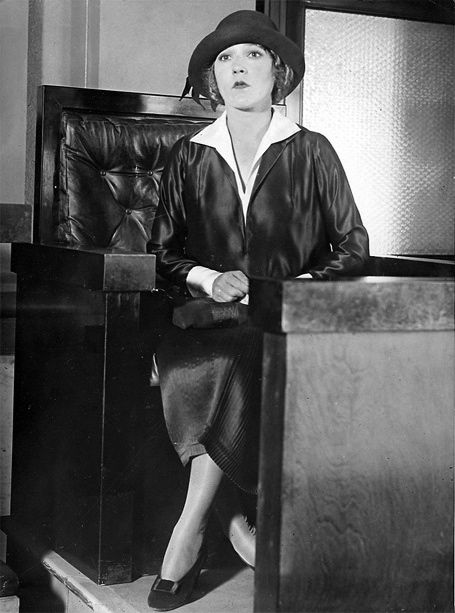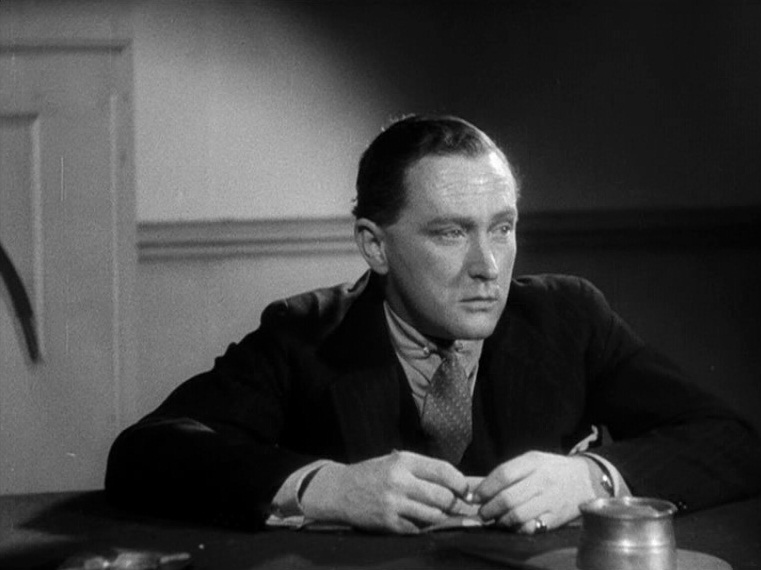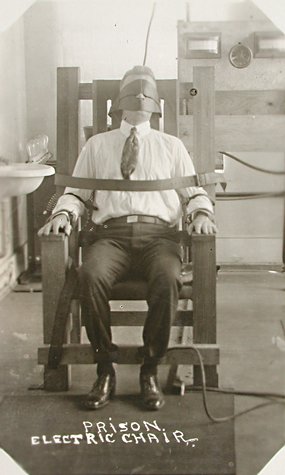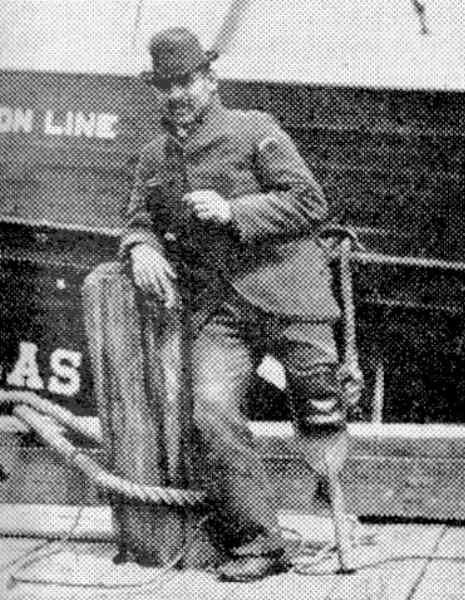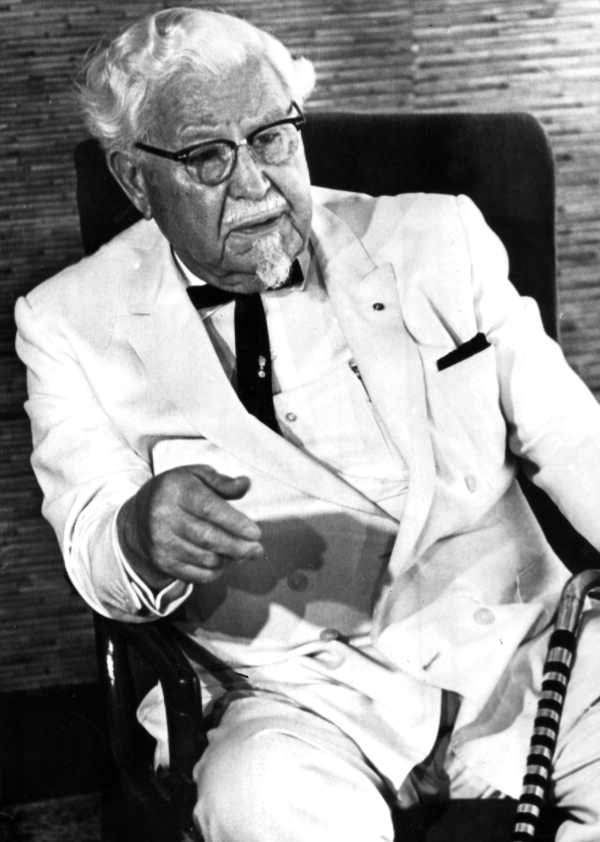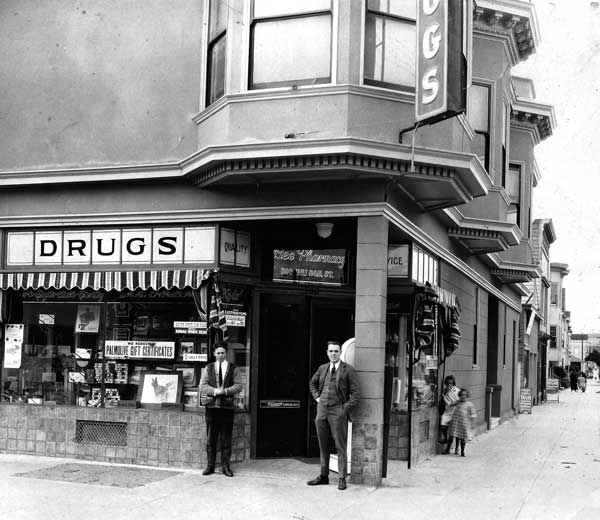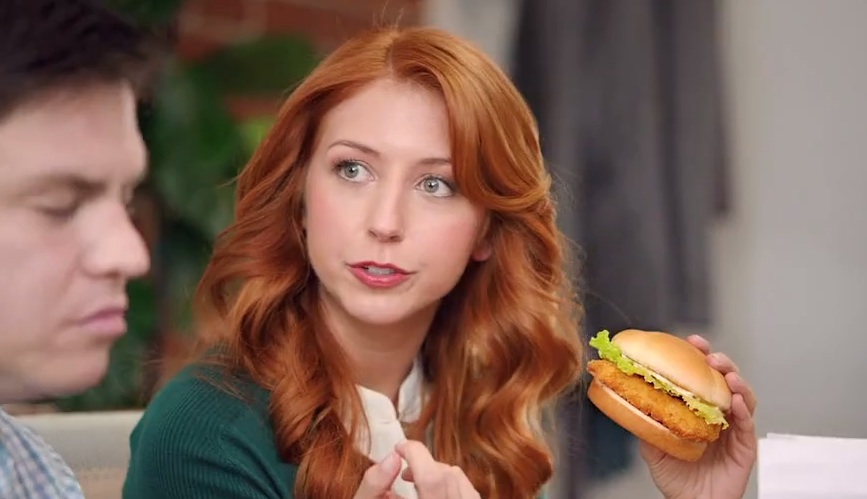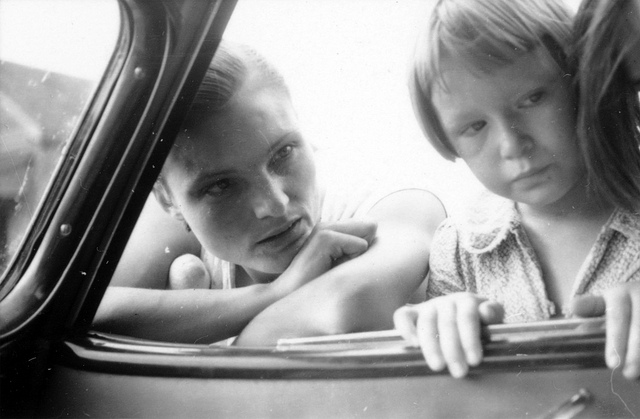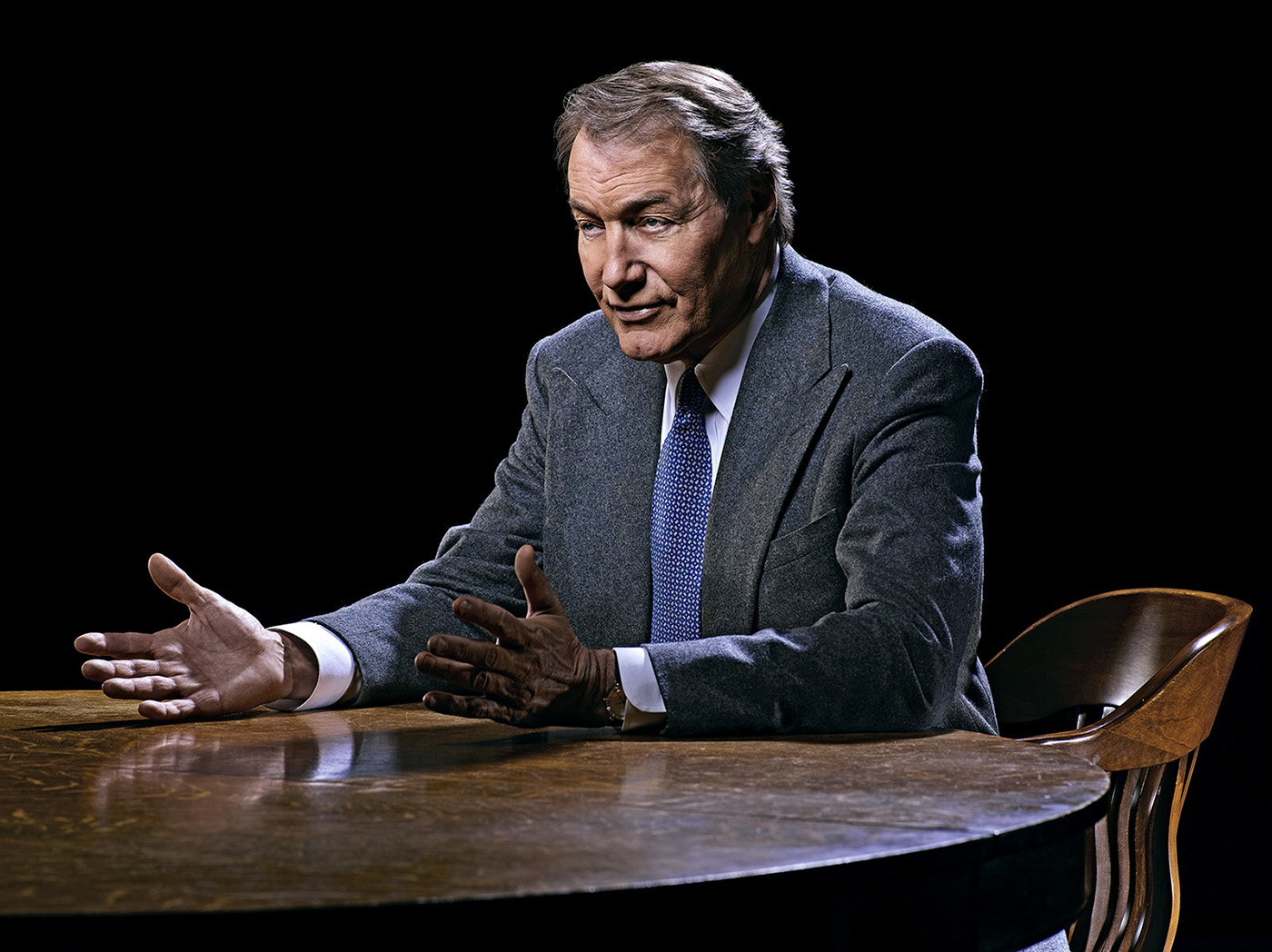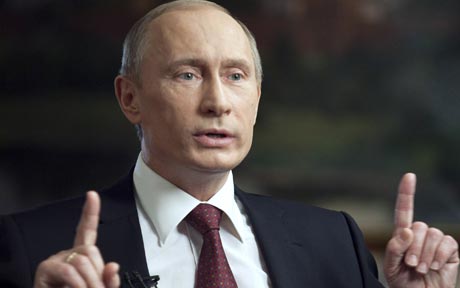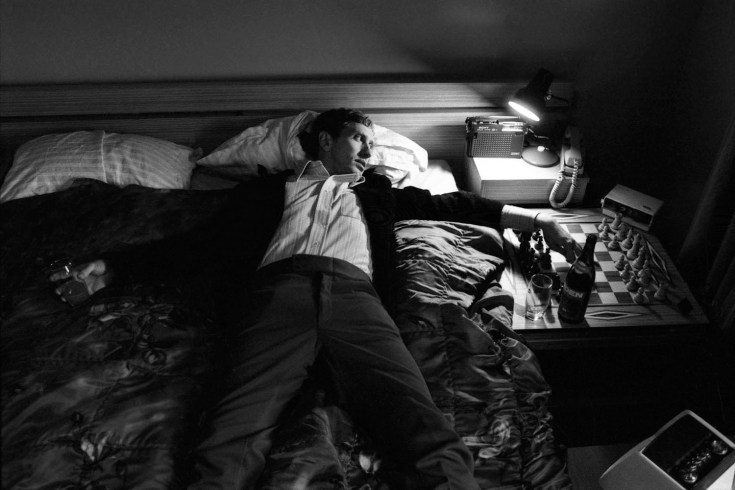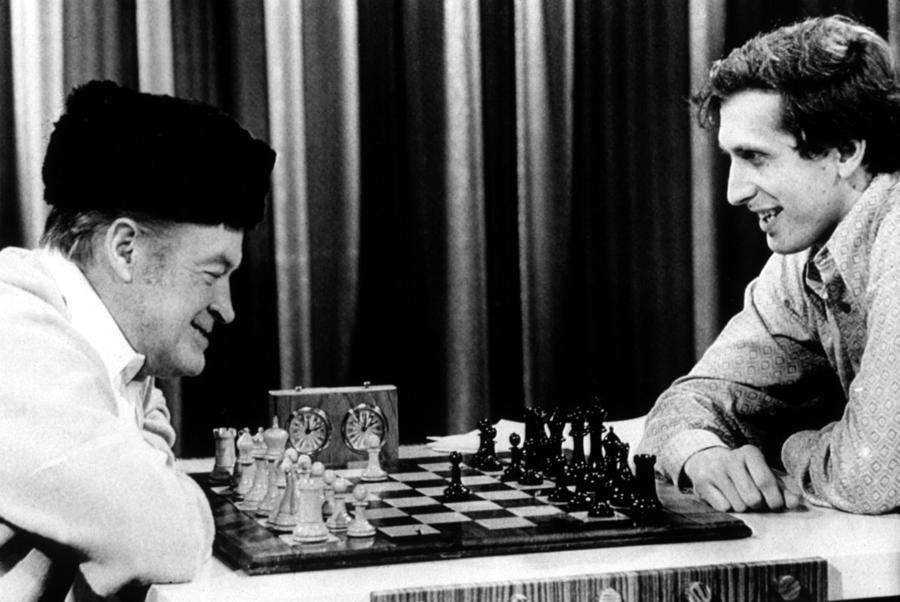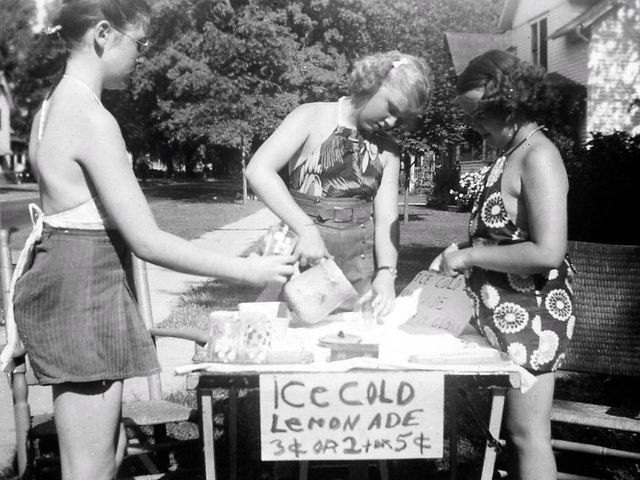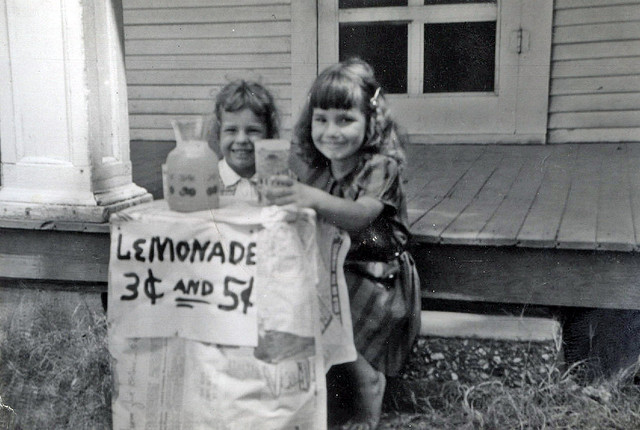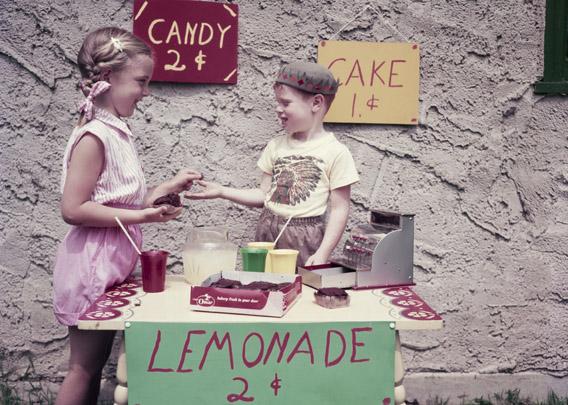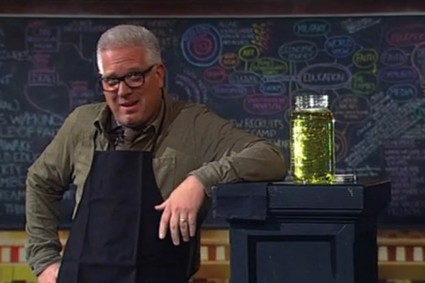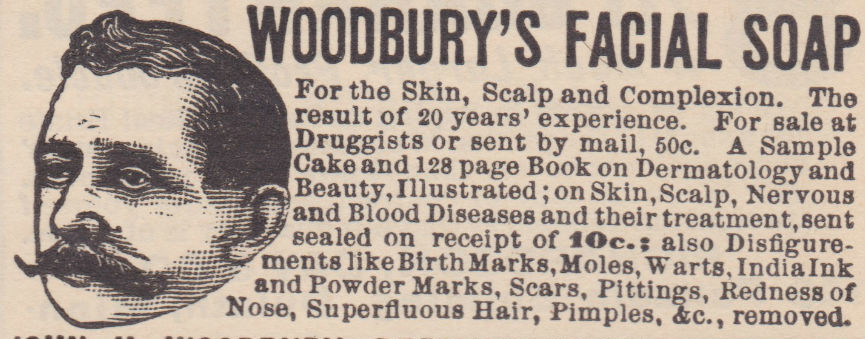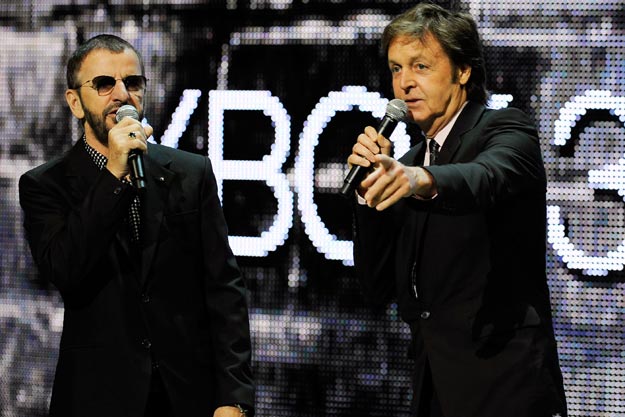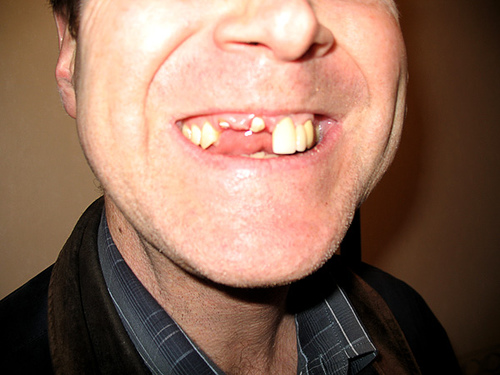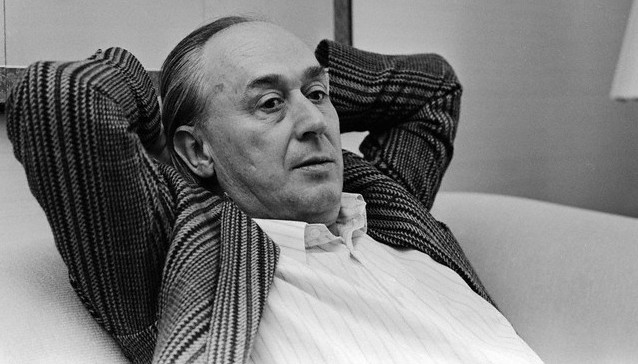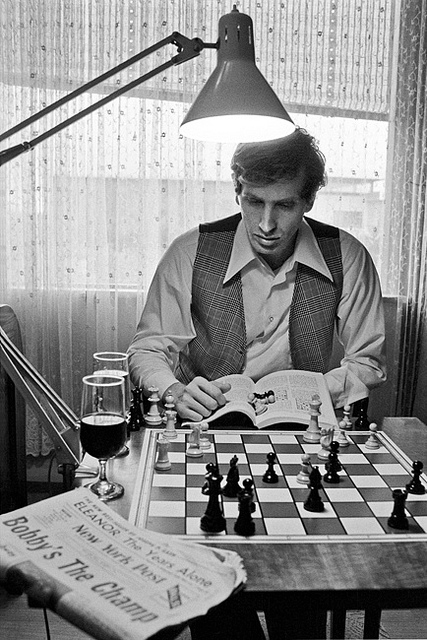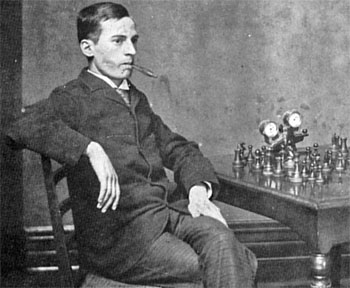Apart from money, J. Paul Getty wasn’t a very rich man.
A billionaire in a time when such things were unheard of, Getty was a strange and miserly sort with five marriages and a procession of troubled heirs. His thriftiness, if you would call it that, seemed to come not from wisdom but from a dark place. The opening of a People article from 40 years ago about the man who, by some measures, had it all:
In deepening solitude, like some melancholy Dickensian recluse, Jean Paul Getty offers the frailest of shoulders on which to rest the title of World’s Richest Man. At 81, he speaks in a low, croaking monotone, his face a sunken mask of old age. When his left hand trembles violently from Parkinson’s disease, his right must come quivering to restrain it. And his conversation, fitful and laborious, trails off into lingering silences.
But the fertile brain that assembled one of the oil world’s great empires has lost neither its cunning nor its grasp. During the current energy crisis—in which the value of Getty’s oil leases spirals astronomically as great ships laden with his liquid treasure bear it to the oil-parched industrial nations—the gnome of Surrey paces his Tudor palace, monitoring the nerve centers of the financial world.
The son of a prosperous Minneapolis lawyer who moved to Oklahoma and promptly struck oil, Getty was only 21 when he began buying and selling oil leases himself. He made $40,000 his first year, and his first million a few months after that. When the Depression hit he had enough to buy millions of shares of collapsed oil stocks, acquiring fortunes in oil reserves and fresh cash. In 1949, just before seizing control of the giant Tidewater Oil Co., he arranged a deal with Saudi Arabia’s King Saud, predecessor of the present King Faisal, obtaining half-interest for the next 60 years in a raw swath of land called the Neutral Zone. The area was considered bleakly unpromising, but, typically, Getty brought in the gushers. Moving to London to be nearer his Middle East operations, he has never returned to America.
Today, with enormous personal holdings in stock in the parent Getty Oil Co. and a controlling interest in nearly 200 other concerns, the octogenarian billionaire has accumulated wealth beyond precise calculation. Yet until 1957, when Fortune named him the richest living American, he was virtually unknown to the public.
One reason, perhaps, is that he has never been inclined to philanthropy. No foundation bears his name, and he has indicated that when he dies his fortune will be plowed back into his businesses.
“Money is like manure,” Getty once said. “You have to spread it around or it smells.” Often, in his case, this has been a dictum observed in the breach. Though he paid a modest fortune for Sutton Place, his 72-room mansion outside London, he prudently outfitted it with a pay telephone. “The guests won’t mind paying for their calls,’ he said, ‘and as for the deadbeats, I couldn’t care less.” He never accepts mail with postage due and rarely carries more than $25 in pocket money. He has been known to wait five minutes in order to get into a dog show at half price, and to avoid a restaurant rather than pay a cover charge. “I pay the going rate,” he explained, “but I don’t see any reason for paying more than you have to.”
Getty’s legendary parsimony extends even to eminent friends of long standing. He and the Earl of Warwick have lunched together regularly for 35 years. Lest either pay a bill out of turn, the two share a little black book in which they keep track of all their meetings, the cost of each lunch and whose turn it is to pick up the check.•
_________________________
In the 1970s, the industrialist spoke on behalf of E.F. Hutton:

